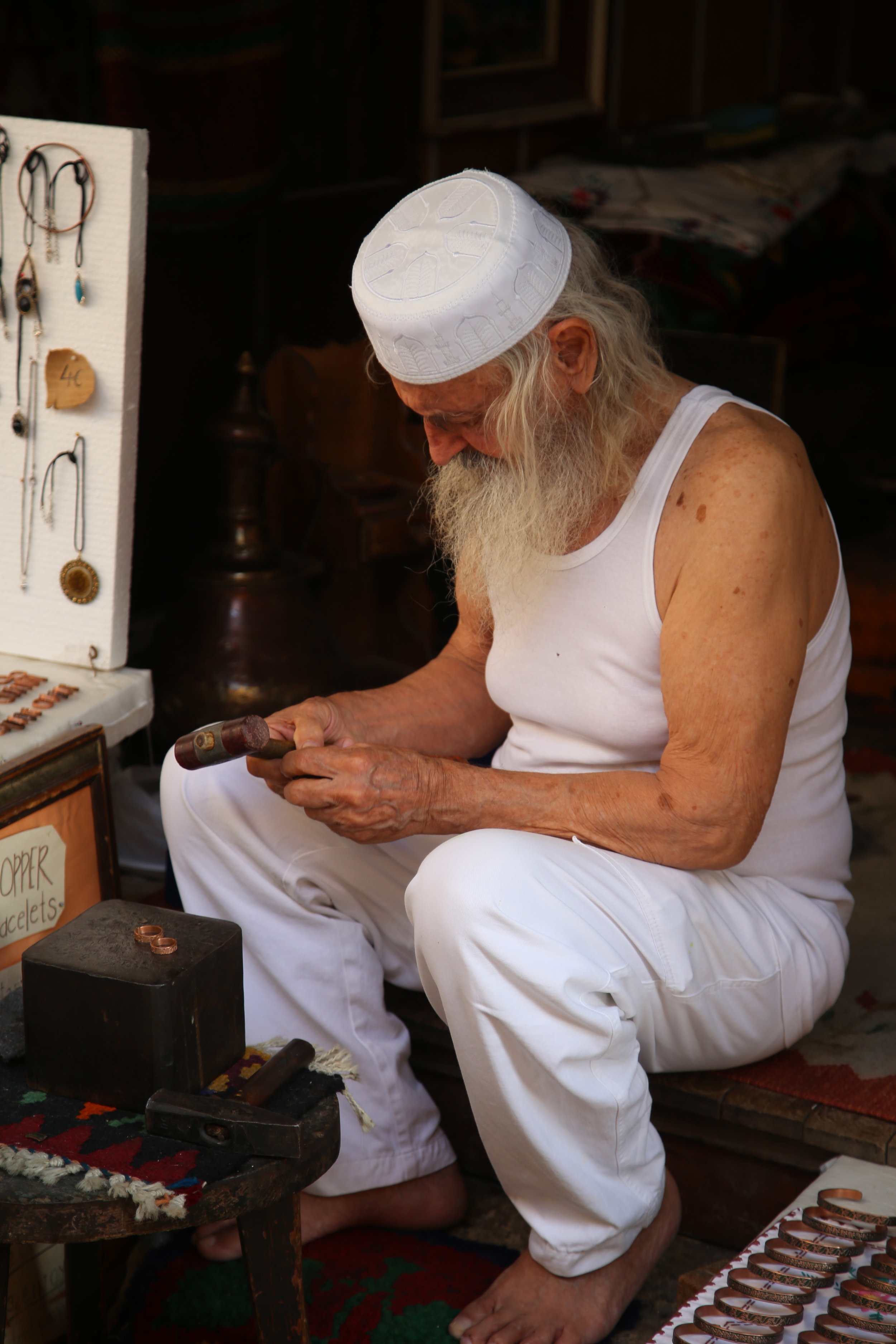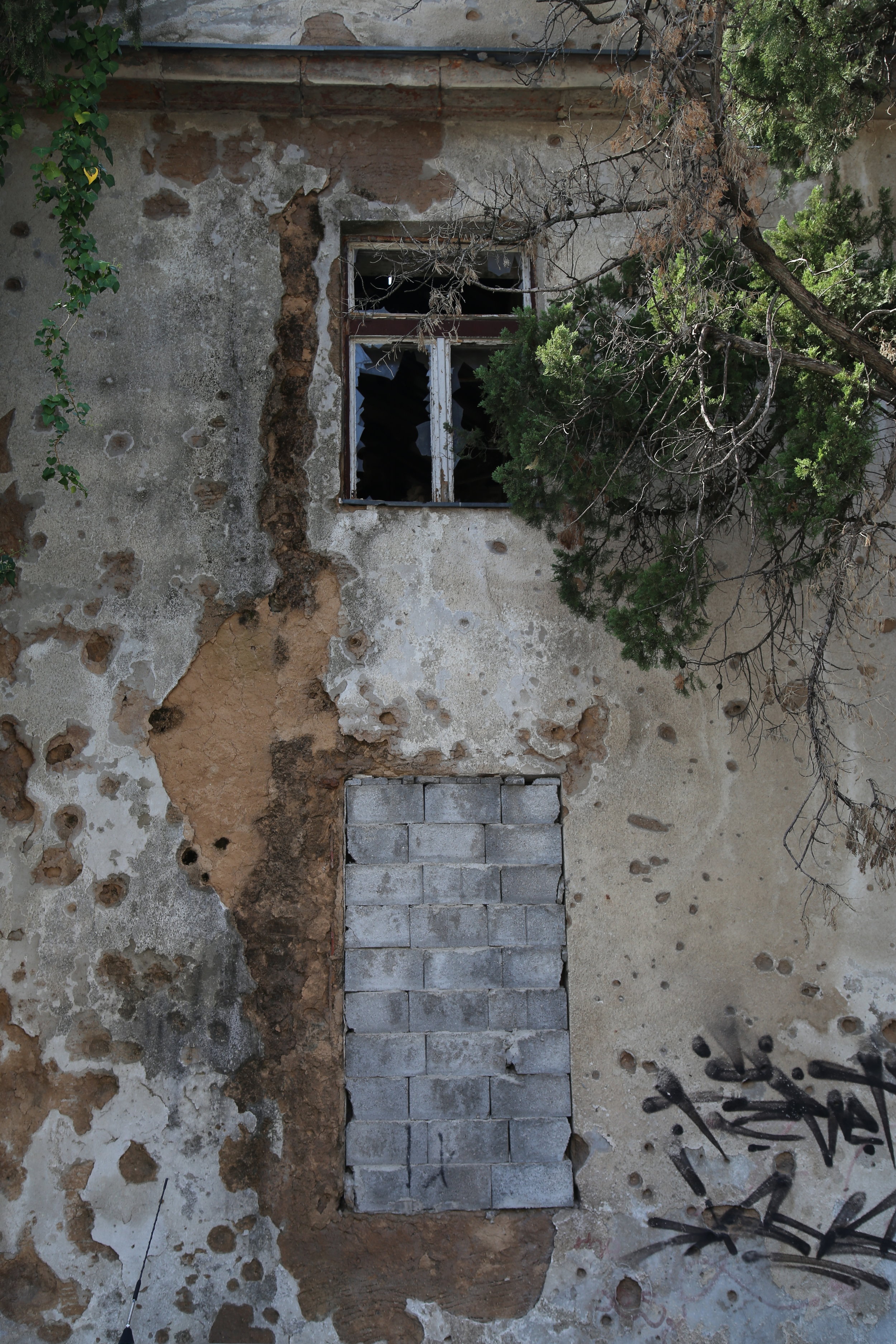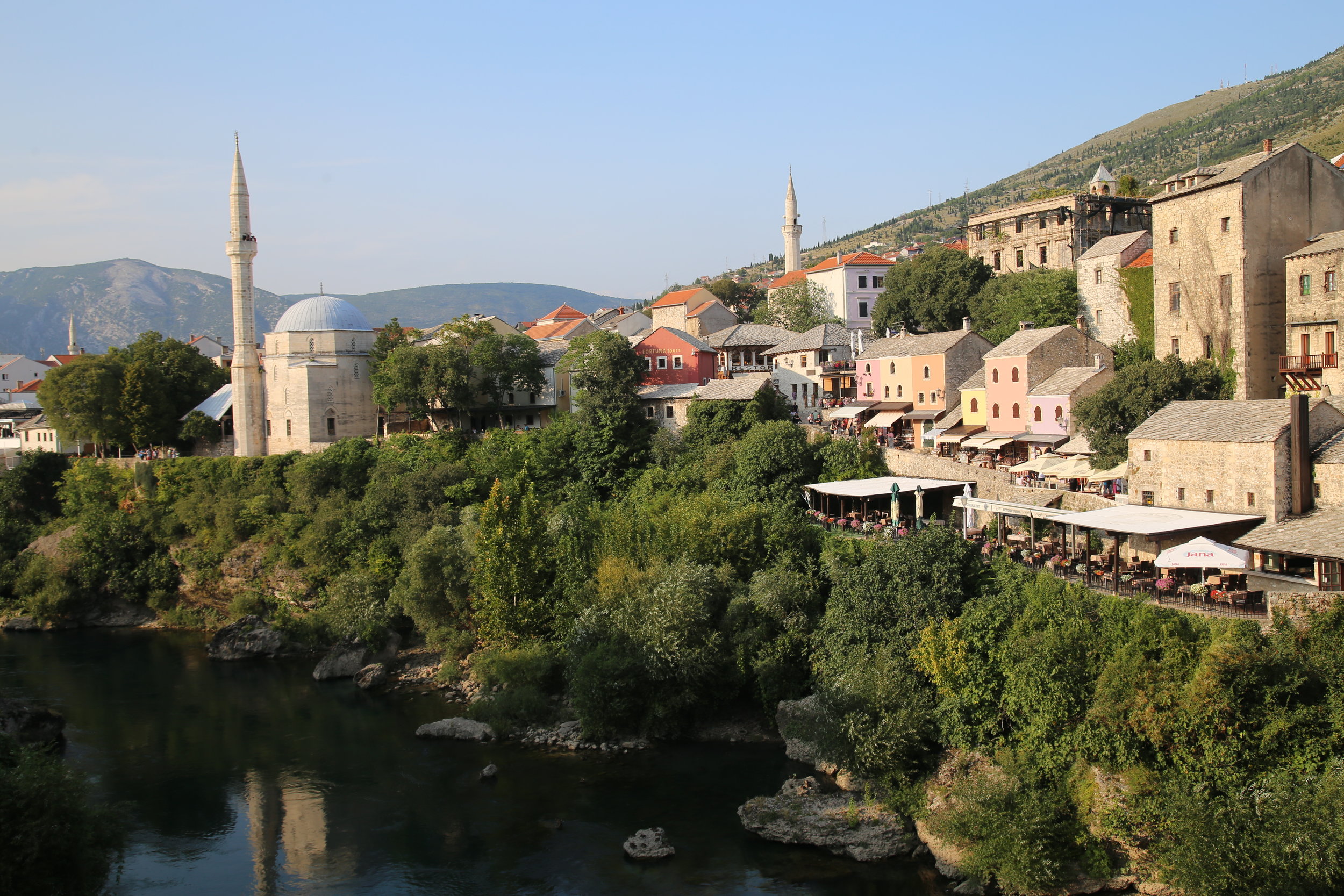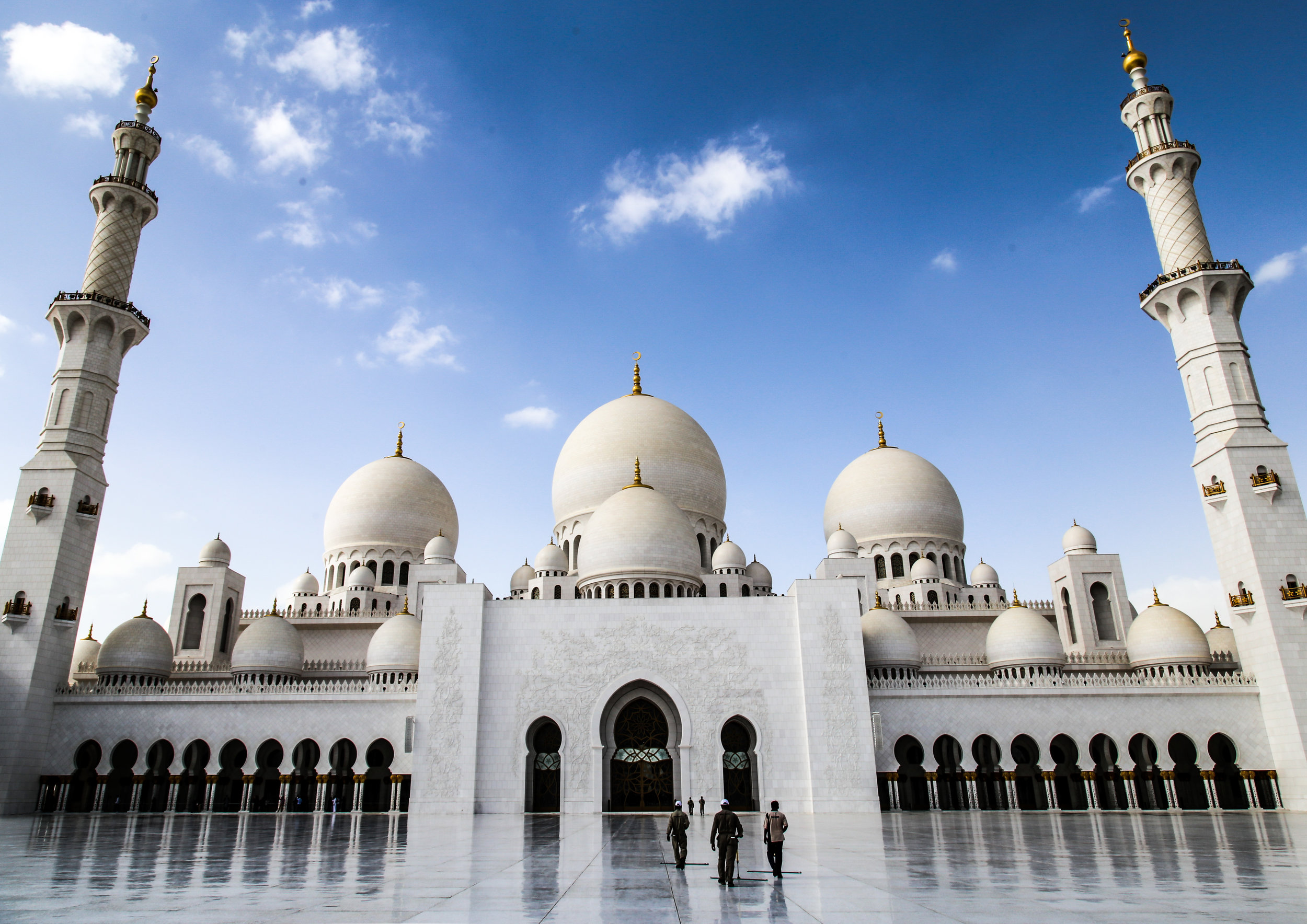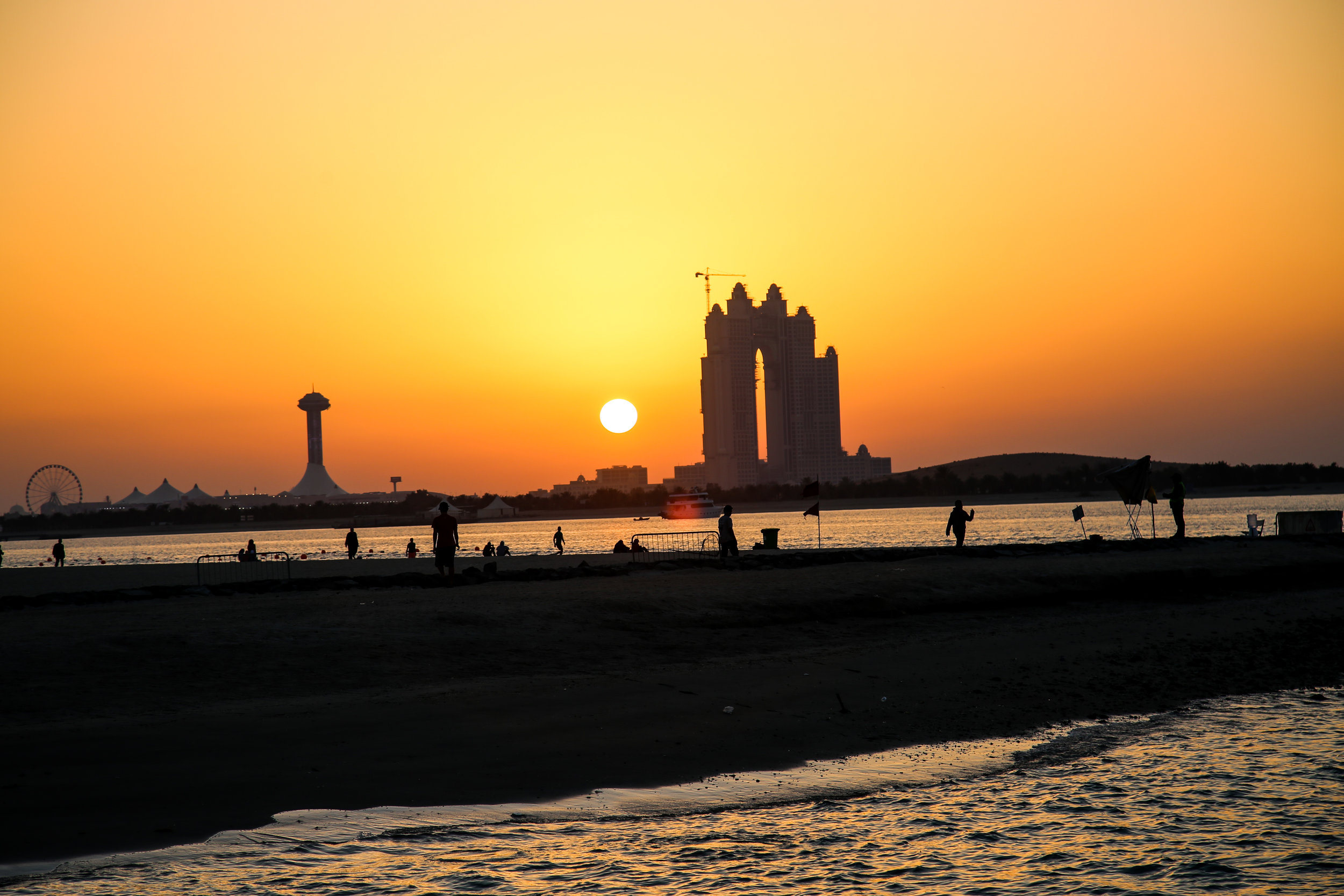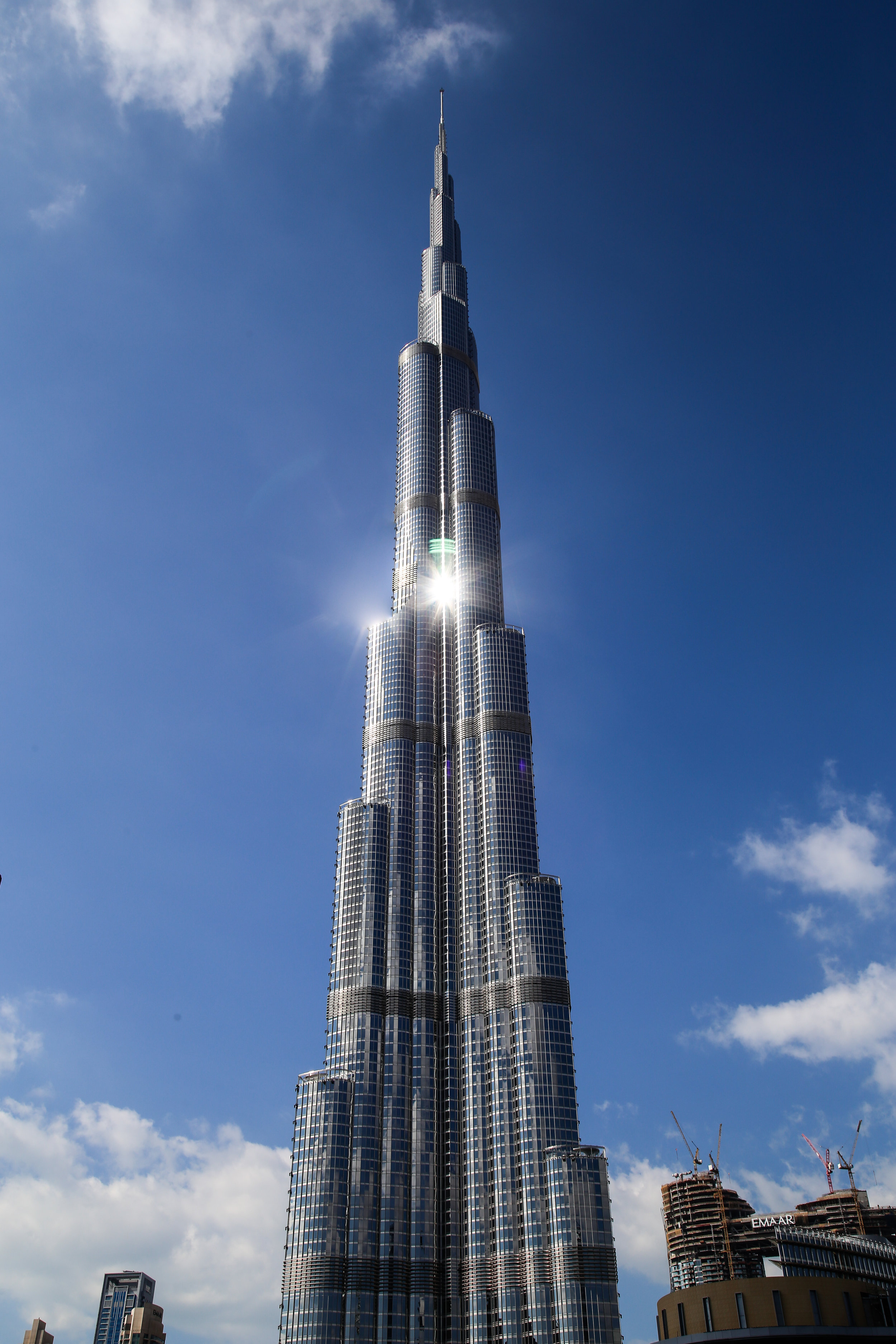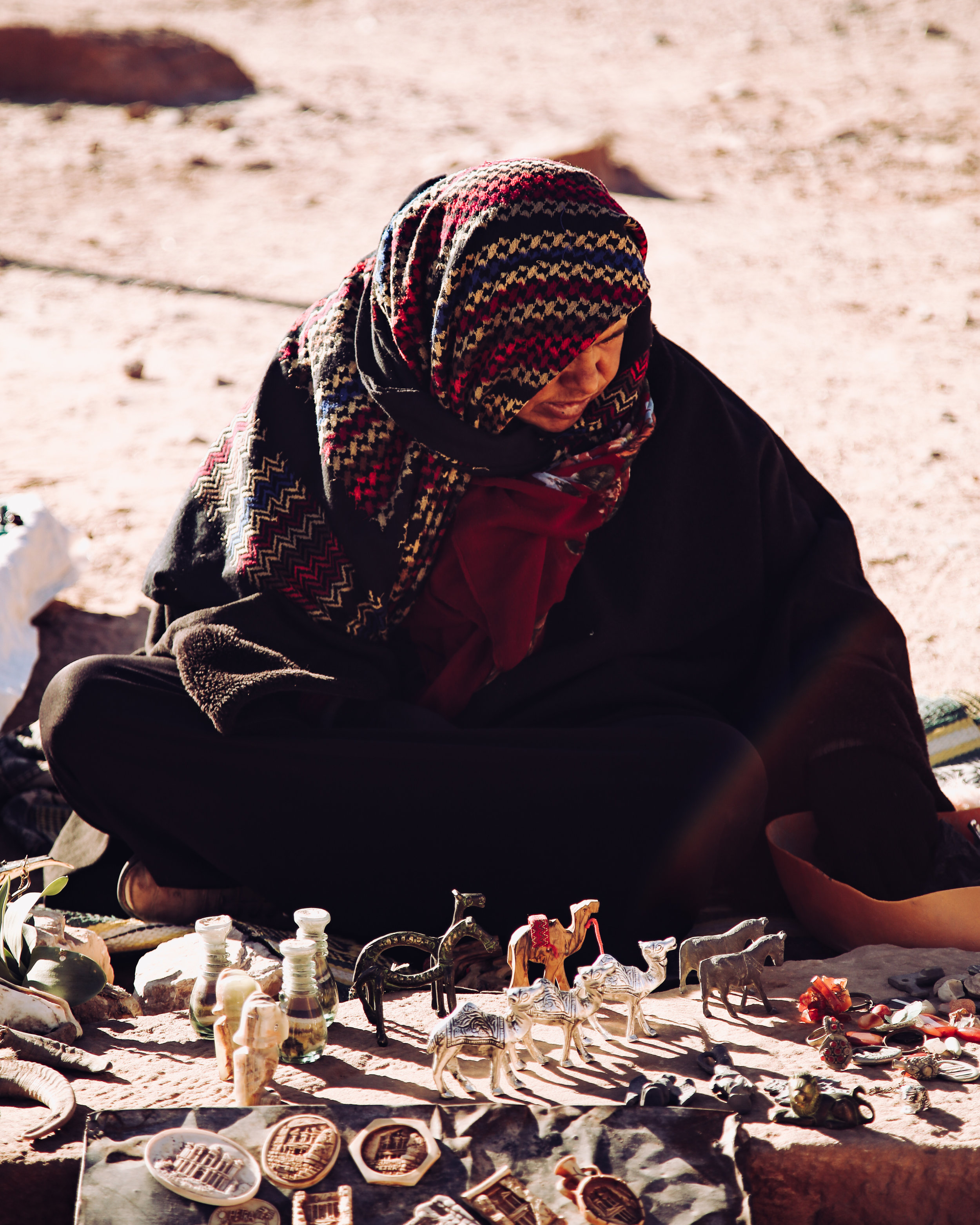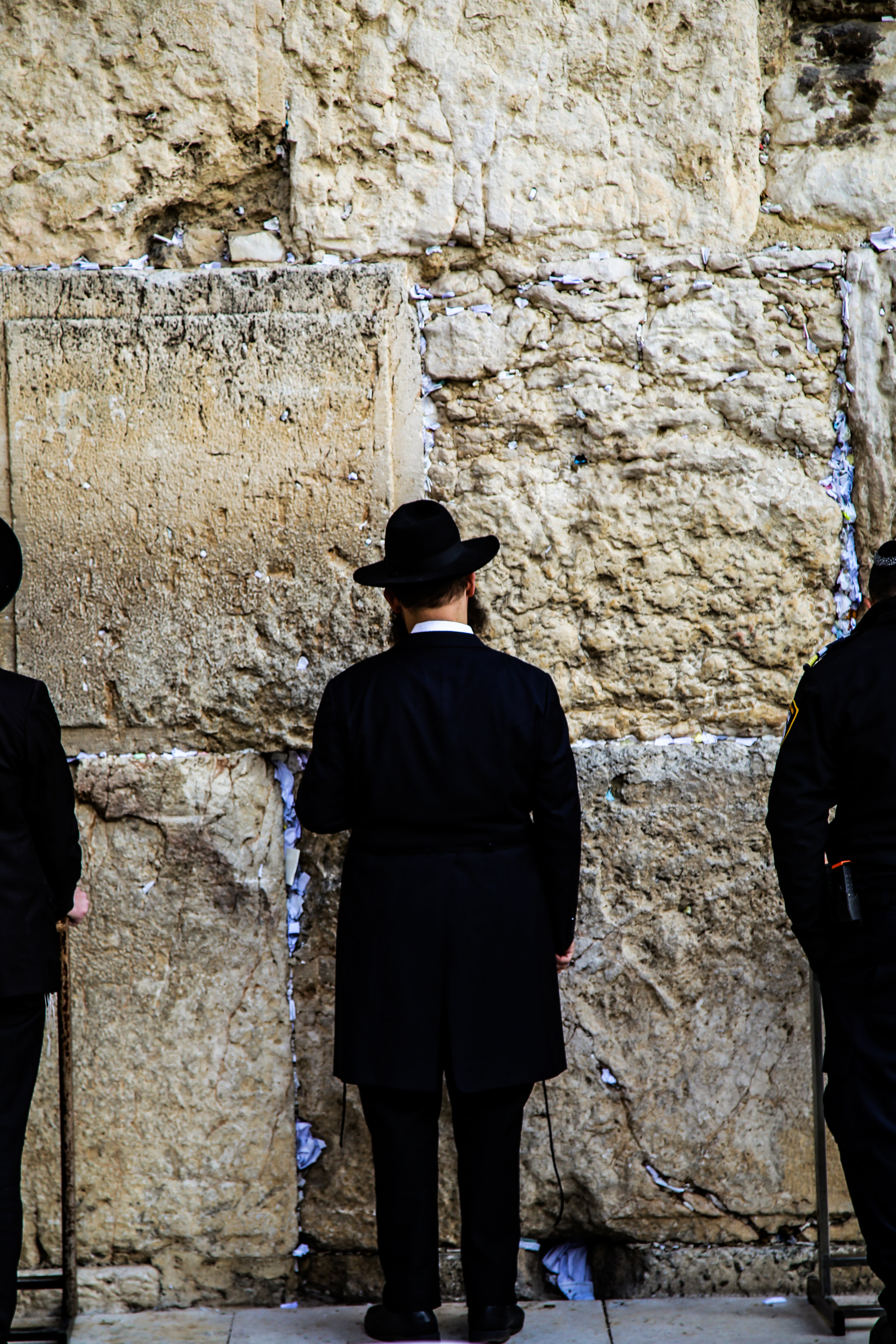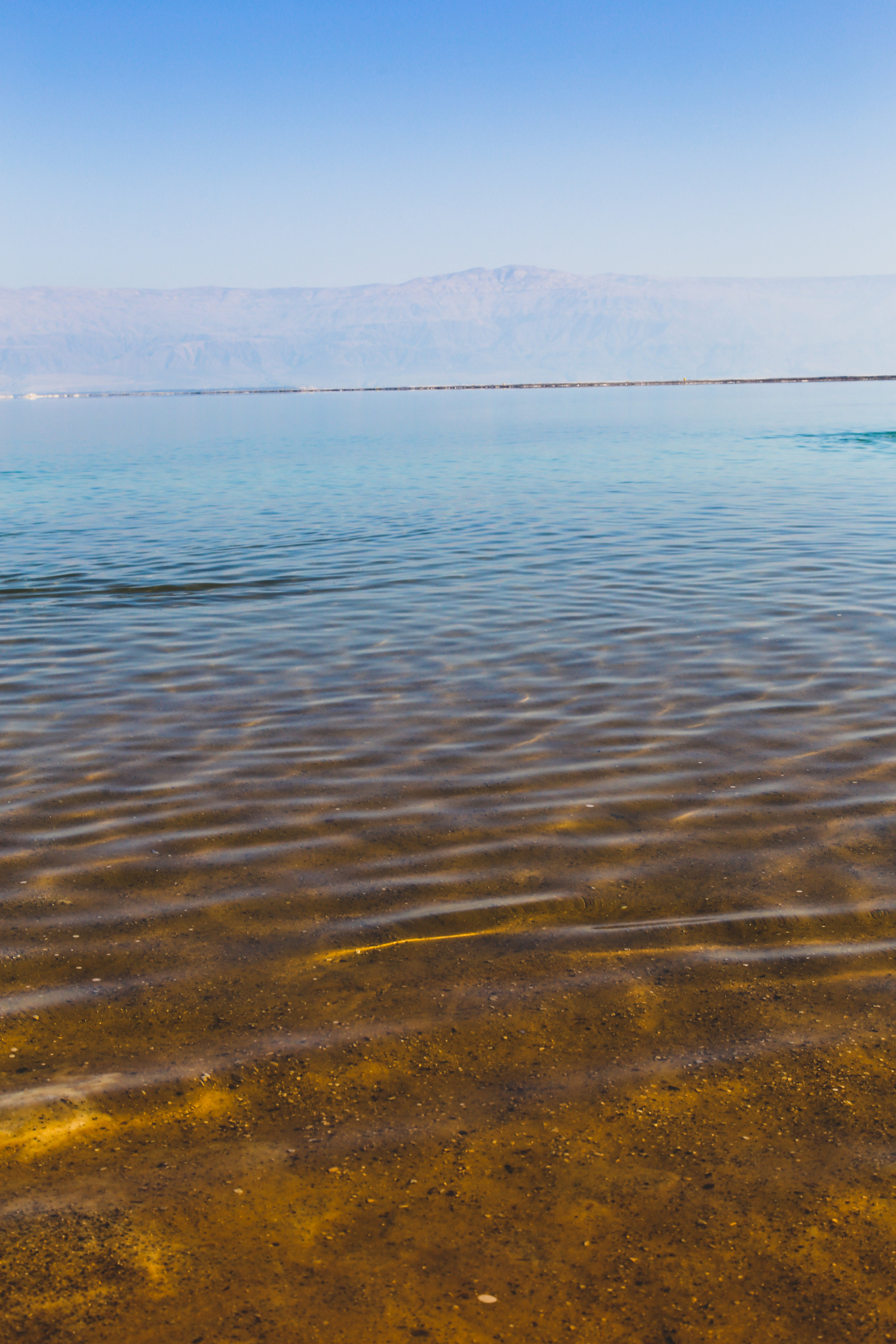Bridges and bullet holes. This tiny, medieval city in southern Bosnia and Herzegovina is well known for its iconic Stari Most bridge and blend of Ottoman, Catholic and Orthodox cultures. Damaged during the Bosnia War, it is not uncommon to see buildings still strewn with bullet holes. While many tour companies offer day trips from Croatia, stay overnight to fully do the city and country justice.
Crossing into Bosnia and Herzegovina takes time as it is not part of the European Union. We waited 30 minutes at the border on our way from Split, Croatia, and and an hour crossing back in near Dubrovnik. Rental cars can be taken from Croatia into Bosnia if you let the rental company know in advance.
Credit cards are less common here, although most places will accept euros or Croatian kuna. The local currency is the Bosnian mark.
To better understand the Bosnian War and genocide, visit the Museum of War and Genocide Victims in town and War Photo Exhibition right next to the Stari Most.
If it is your first time to the Balkans, check out Tea Obreht's beautiful novel, The Tiger's Wife, set it the former Yugoslavia.
EAT
Restaurant Vrata Orijenta This casual eatery is a few blocks north of the Stari Most on the Bosnian bank. Try the traditional cevapi sandwich.
DRINK
Black Dog Pub Inside a historic old mill, this laid back pub is popular with locals and tourists and has excellent views of Kriva Cuprija bridge.
Caffe Luft This cafe and hookah bar sits beneath the Stari Most and offers excellent views of the divers.
PLAY
Kriva Cuprija Translated to “Crooked Bridge”, it is a smaller version of the Stari Most.
Old Town bazaars A shopper’s paradise.
The Neretva River Icey cold but the most beautiful, crystalline green.
Stari Most Bridge Translated to “Old Bridge”, it connects the Catholic Croat western river bank with the Muslim Bosniak eastern side of the Neretva River. Be on the look-out for the professional bridge jumpers.
STAY
City Hotel An excellent hotel outside the city center. While it is about a 20 minute walk to the Stari Most and Old Town, the walk passes through the modern city where evidence of the war is still visible.

